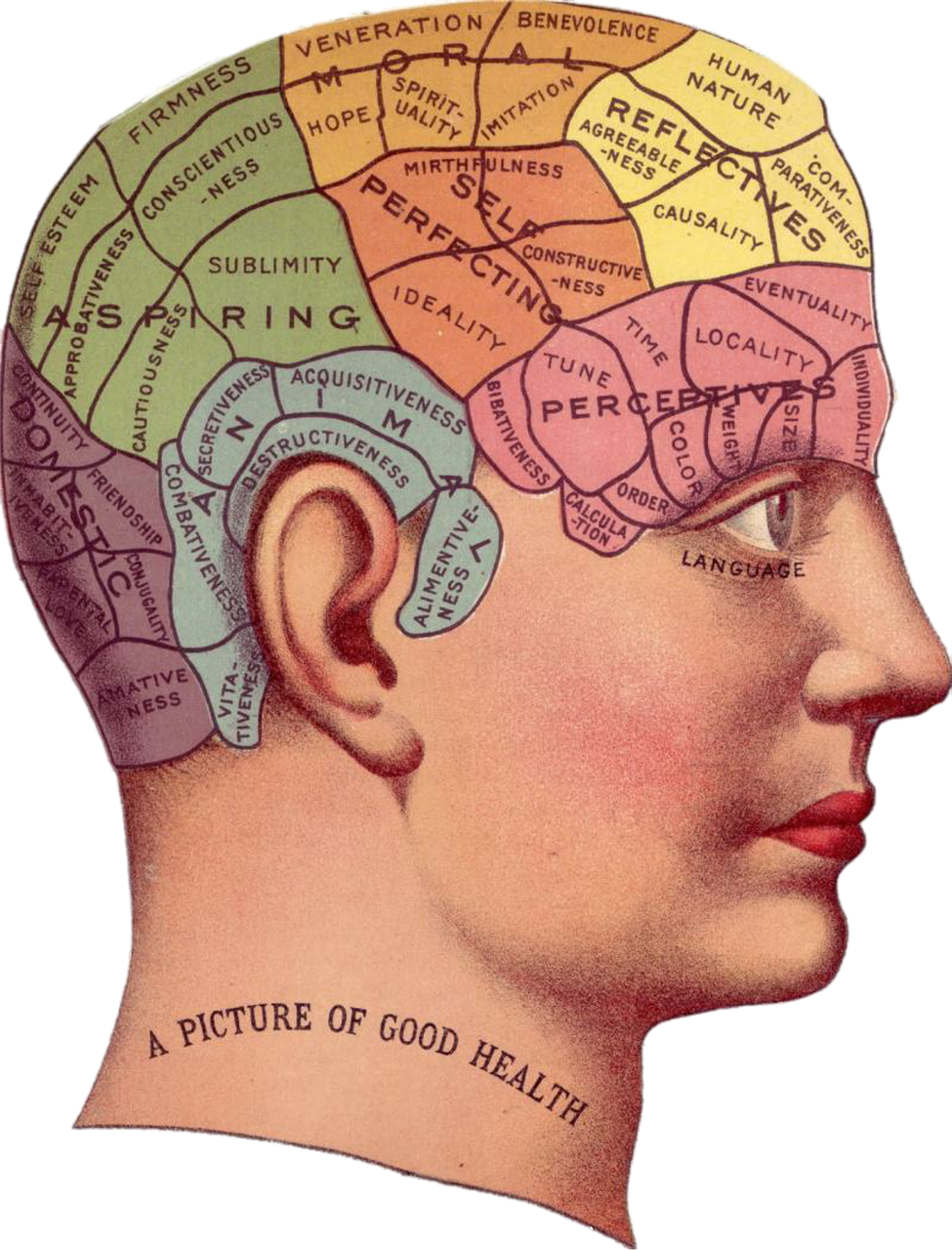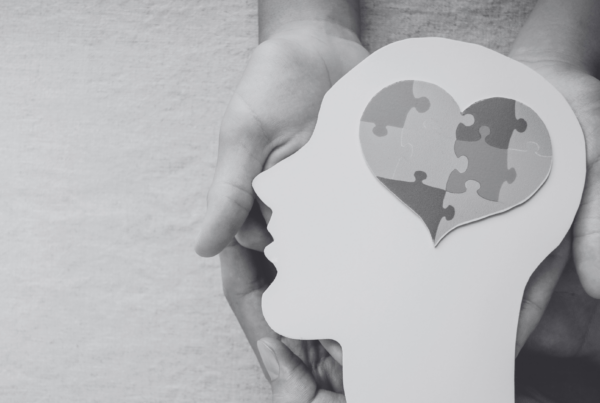You might have heard the term mindfulness once or twice. It has very much been a thing in recent years and is very much mainstream.
Many people claim it helps with anxiety, stress, sleep disorders, and regulating their blood pressure and heart rate.
But does mindfulness actually work? Or is it just another fad, like steam cleaning your innards or the Atkins Diet?
What is Mindfulness?
Mindfulness is a form of meditation and is the practice of just being cognizant, aware of your surroundings, breathing, feelings, emotions, and experiences.

Sounds simple, right. Of course we are aware of our feelings or surroundings!
But have you ever driven somewhere and had no real recollection of the journey? Or gone on a walk and let your mind wander all over the place, thinking of past conversations, or future tasks?
Its not very often we are fully present in our surroundings and activities. Our minds race with thoughts of what we are having for lunch, the tasks we have to complete, past transgressions, fantasies, ruminations, arguments, complements, insults…the list goes on.
Mindfulness is about being aware of the thing we are doing at the time. So, if you go for a walk, it is seeing the colours in the leaves. It is hearing the wind blow them, smelling the soil, feeling the roughness of the inside of your coat pocket. It is about being 100% present.
It could also be more emotional than that. Ever get that gnawing feeling that something isn’t right? Mindfulness can help you identify the root cause of that feeling and stop it before it becomes stress or anxiety, just by taking the time to examine the feeling.
Does Mindfulness work?
Well it depends what you want out of it.
As a medical treatment for anxiety, there are plenty of articles out there that say there is no evidence that it does alter the brain.

This article from the BBC states that it simply hasn’t been studied enough to know for sure.
‘Meditation has been practiced for thousands of years, but psychologists and neuroscientists have studied it for only a few decades.’ BBC, 2018
Neuroscientists are spending time looking at whether Mindfulness and meditation can affect the brain in a meaningful way and therefore be used to treat conditions such as PTSD, OCD, or anxiety.
It is a commonly held theory now that the brain can be shaped and altered through repetition-practice makes perfect! And that behaviour can be altered through the same process.
Using MRI imagery, it has been identified that meditation does affect certain parts of the brain: the insula, which is linked to empathy and self-awareness, the putamen, which helps learning, and portions of the anterior cingulate cortex, which regulates blood pressure and heart rate. It also impacts on the prefrontal cortex, which is where higher-order thinking skills such as organising, making decisions and deciding on socially acceptable behaviour are controlled.
What isn’t clear is whether the effects of mindfulness last once the session is over, and if not, how much mindfulness needs to be practiced to get a long-term benefit. It looks like Mindfulness creates temporary relief.
But the millions of people who practice mindfulness every day, week, or even month, say it helps them manage their day to day.
What is Mindfulness Good For?
This really depends on the person.
We have done a round up of some of our valued clients and colleagues and asked them how and when they use Mindfulness.
‘My brain gets a bit noisy when I am busy, with all the stuff I have to remember to do. For me, mindfulness is just a time to switch my brain off and get a bit of rest from the constant chatter. It stops a busy day turning into a stressful day.’– Donna, 31
‘When I am exercising, I really focus my mind on whatever I am doing. If I’m thinking about my hands slapping the floor during a round of burpees I’m not thinking about the burning in my chest. It seems to keep me going and I get a better workout.’–Abdul, 43
‘I find it hard to go to sleep sometimes, so I do a bit of mindfulness when I get into bed. I just think about how it feels to be lying there and listen to the room and I soon fall asleep. Otherwise, I just lie there churning the day over in my mind’. – Jordan, 25
‘I suffer quite a bit of pain with my knee, so when it is really bad, I focus my mind on something else. Daft stuff like how my feet feel in my socks. Or how the keyboard keys feel against my fingers as I type. It seems to take my mind of it and makes me think that, even though my knee is hurting, the rest of my body feels ok.’ Nina, 59
‘I get quite anxious and can suffer with my mental health quite a bit. Being inside my own head doesn’t help and I start to worry about stupid little things, like whether I left the iron on or even Brexit, of all things! So, if it all gets too much I just sit quietly and focus on breathing in and out and nothing else. I find it calms me down and stops me spiralling into anxiety.’ Rory, 28
Try It For Your Yourself
If you would like to practice Mindfulness, try sitting still and quietly. If you can close your eyes, do. Concentrate on your breathing and slow it down. Think of all the things you can smell. What can you hear? How do different parts of your body feel? Can you feel your jumper against your skin, or your tongue in your mouth. Pay attention to every part of you right now.

Do it for as long as you need, whenever you feel a bit overwhelmed, frantic, busy, or stressed.
Now, track your mood in the Wellspace App. Do you feel better for spending a few minutes being mindful?
Try doing it every day and tracking your mood before and afterwards. You might be surprised at the results.
Get in Touch
If you would like to speak to us about your Wellspace app, the training, or any other part of the wellbeing solution, drop us a line at info@yourwellspace.com.










